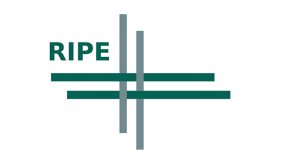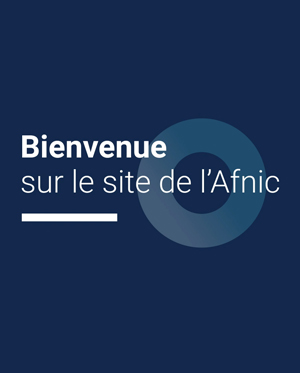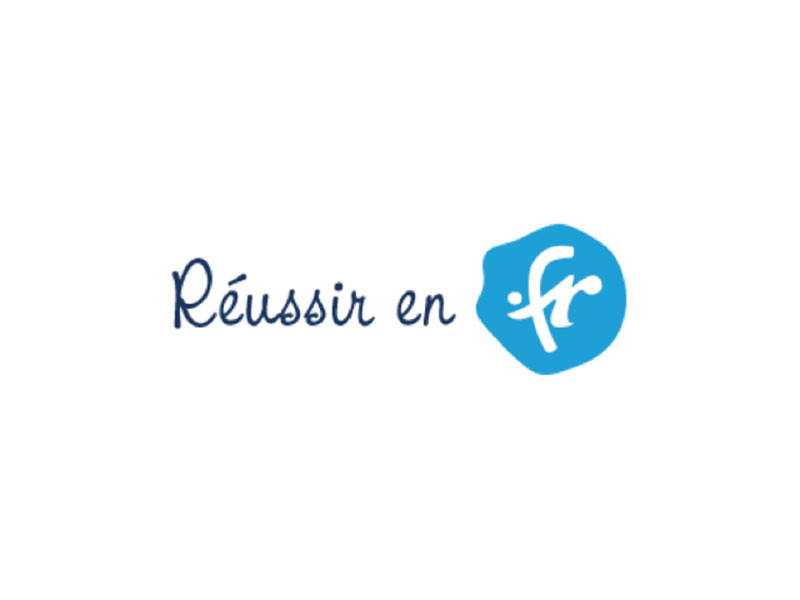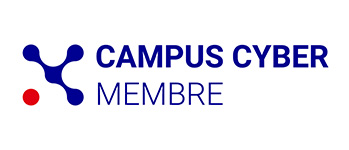L'internet made in France

15/04/24
L’Afnic, association en charge de plusieurs extensions ...
En savoir plus
L’industrie pharmaceutique regroupe plusieurs activités que ...
En savoir plus
88 %
Étude sectorielle Réussir avec le web spéciale Restauration & Numérique
En savoir plus
Les résultats de l’enquête de l’Afnic menés auprès de 986 professionnels du tourisme montrent des pratiques de présence sur internet exemplaires. Ils multiplient les canaux de présence en ligne pour développer leur activité liée au tourisme, investissent pour optimiser leur visibilité et appliquent les bonnes pratiques de cybersécurité.
En savoir plus




















